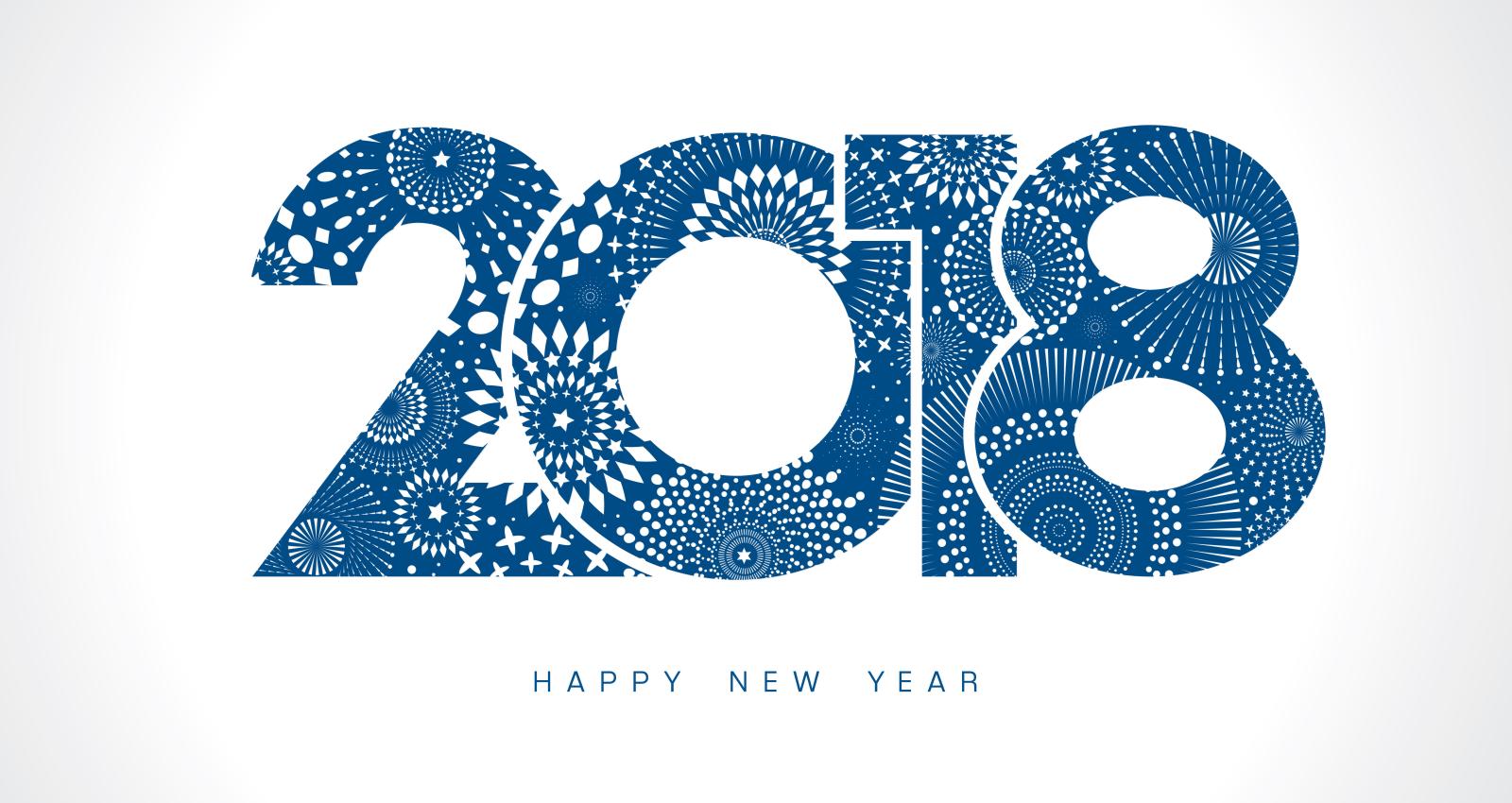2018 Here We Come - Thoughts on the Year Ahead
Insights for the evaluation and development community for coming year, and beyond.
Insights for the evaluation and development community for coming year, and beyond.
By: Caroline Heider
Many of our readers work in organizations that grapple with the achievement of the SDGs and will have insights to contribute on one or several of the SDGs. Maybe evaluators around the world need to create a platform where evidence and insights can be pooled.
The beginning of a new year is, at least for me, a reflective time. Looking back at the outgoing year, what it has brought, the successes and failures that keep inspiring us to do better. And, it is a time to look ahead, prepare for challenges, and enjoy the anticipation of important milestones. Resolutions? Not so much for me, but asking myself what will matter most in the coming 12 months.
Three things stand out for me professionally:
Our recent blog series on why it’s time for the development community to rethink its evaluation criteria has had a great reception and triggered lots of conversations around the globe, including at the OECD/DAC’s Evaluation Network, which is committed to start a review and consultation process. What do we hope to achieve? Building on the exemplary Big Five DAC criteria for evaluation, we have an opportunity to identify where we can enhance the criteria, their application, or update them when needed. In my view, one thought should be squarely on our mind in this process: what behaviors will the criteria incentivize and how can we use this power of evaluation to create momentum for positive behavior change?
At IEG we have been working on our influence agenda for years now, and will continue to do so. In part, the strategy consists of seeking and taking opportunities to influence debates when progress is discussed and choices are made on future actions.
One such opportunity was last year’s UN Environment Assembly, which focused on pollution issues; a topic on which we had just completed an evaluation. IEG had the opportunity to engage with key stakeholders before and during the conference. For me, this was a great example of how we as evaluators can bring our insights to contribute to development and policy-making.
Evaluators need to seek opportunities to engage in these debates. For instance, might the United Nations’ High-level Political Forum (HPLF), which reviews regularly progress made towards the SDGs, be opportunity for evaluators to enrich the discussion with evaluative evidence? The HPLF has grouped the 17 SDGs into smaller clusters and given each year a theme. Regardless whether one agrees with the SDG clusters or theme, presenting evaluation findings in ways that they inform high-level discussions is an important way to influence change.
|
2019 |
Empowering people and ensuring inclusiveness and equality |
|
|
2018 |
Transformation towards sustainable and resilient societies |
|
|
2017 |
Eradicating poverty and promoting prosperity in a changing world |
IEG, for instance, completed in 2017 an evaluation of the World Bank Group’s efforts to boost shared prosperity, which complemented an earlier evaluation on poverty reduction. Together, these evaluations recommended ways in which the World Bank Group can sharpen its analytics, and integrate analyses with strategic choice, operational delivery, and monitoring. They spoke directly to the HPLF’s 2017 theme.
Many of our readers work in organizations that grapple with the achievement of the SDGs and will have insights to contribute on one or several of the SDGs. Maybe evaluators around the world need to create a platform where evidence and insights can be pooled.
We are closing on a year that has seen many disasters: from hurricanes that have battered island nations like the Caribbean or the Philippines, droughts in the Horn of Africa, earth quakes, forest fires and extreme cold in different parts of the North American continent, to continuing conflicts in many parts of the world. No doubt, humanity will need to become more resilient, prepare better and respond faster to disasters as they strike.
So, what does that mean for evaluation?
One challenge is timing. Often, we need to evaluate afterwards, once things have settled, and then take a while to collect all the data, digest it, and figure out what it means. That timeline must shorten. Decision-makers and practitioners cannot wait years to get feedback about things that have worked and why. They need a shorter feedback loop. Nothing new here.
More challenging will be the quest to make sense of past experience in the light of future demands and challenges. In many situations, I wonder: do the old recipes still apply, or do we need radical rethinking and innovation? Can we approach the SDGs, the challenges of preparing for and responding to disasters, and the goal to become more resilient, with the same mindset that we have used it the past? In some situations, maybe, but in others, probably not. For evaluation, we should develop the ability to see the past through the lens of the demands we will face in the future, so that relevant lessons can be distilled and applied to the challenges ahead of us.
In short: we have an exciting year with lots of interesting challenges ahead of us.

Add new comment